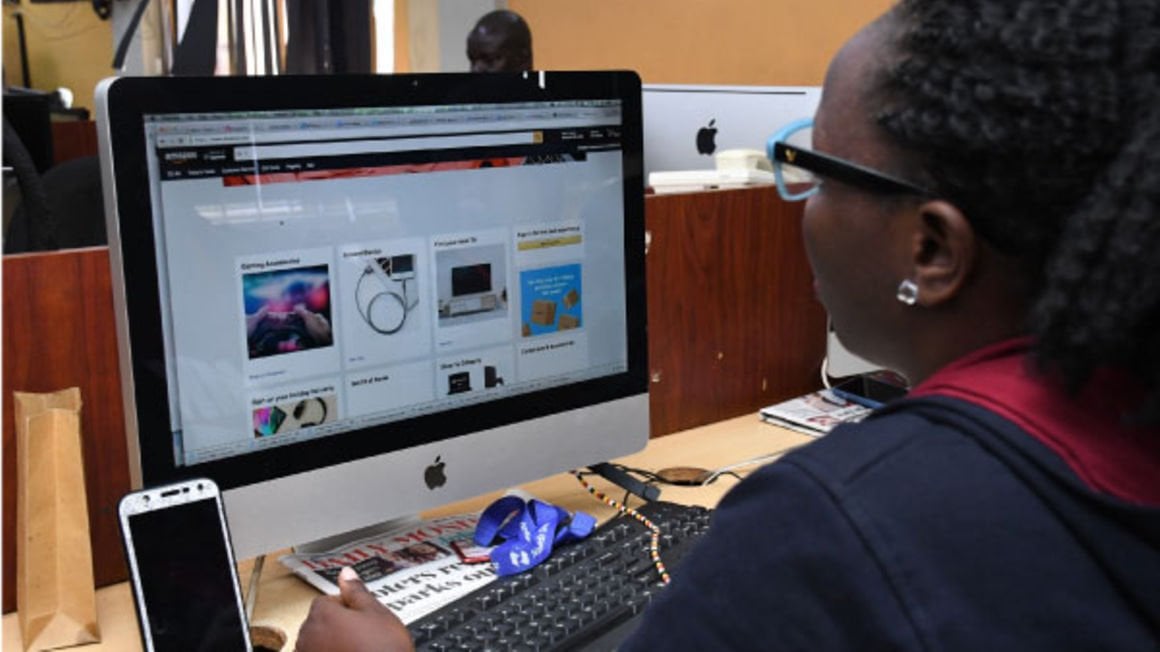Internet is key in easing restrictions

What you need to know:
- The issue: Internet
- Our view: Text or short-messaging service (SMS), voice calls, and Internet bundles are crucial in several ways, more so during the coronavirus pandemic where cashless transitions are encouraged to avoid the spread by contact of Covid-19.
The plea by online shopping mall’s Ron Kawamara that government should bring down the cost of the internet is spot on. See ‘Bring down internet costs, Jumia’s Kawamara asks government’, Daily Monitor, August 24. This call echoes the centrality of e-commerce in the last one year since the coronavirus struck, offline businesses closed, face-to-face interactions discouraged, and the buying and selling of goods migrated online.
As Mr Kawamara says: When people are not able to move around, they find the value proposition of shopping online more pertinent.”
This call to lower costs of internet makes internet more widely accessible and should also reinforce government’s move in expanding and reinforcing the country’s internet-enabled innovation, and transactions. This means government should also reconsider its ban on social media and its huge transaction drivers such as Facebook, and cut down tax on text, voice and data packages.
This call is only logical as government for the last several years has touted ICT-enabled activities as the Fourth Industrial Revolution for the world and as the key driver of our country’s socio-economic, and political life.
So when government imposes some of these measures that make citizens and businesses grapple with high costs of air time or voice and internet data, they undermine the country’s ability to maximize the use of the internet. This in turn results in pushing upwards the cost of doing business, which is akin to cutting the tree on which we are perched for takeoff into the digital age.
So when the minister of Finance in this financial year imposed excise duty on airtime and internet data by 12 per cent, plus the 18 per cent VAT that the telecoms pay, the tax was without being explicitly stated, had risen to 30 per cent. This automatically added more burden onto the cost of doing business online.
The use of text or short-messaging service (SMS), voice calls, and Internet bundles are crucial in several ways, more so during the coronavirus pandemic where cashless transitions are encouraged to avoid the spread by contact of Covid-19. Besides, with the lockdown of movements adopted as one of key ways of beating the spread of Covid-19, the use of airtime and Internet data to carry out remote, non-contact, and cashless transactions and having the merchandise delivered to destinations had proved handy.
All these push for why the government should listen to the plea of the Jumia boss Kawamara and bring down the costs of internet to power our new ways of doing electronic business by SMS, voice data and online.




